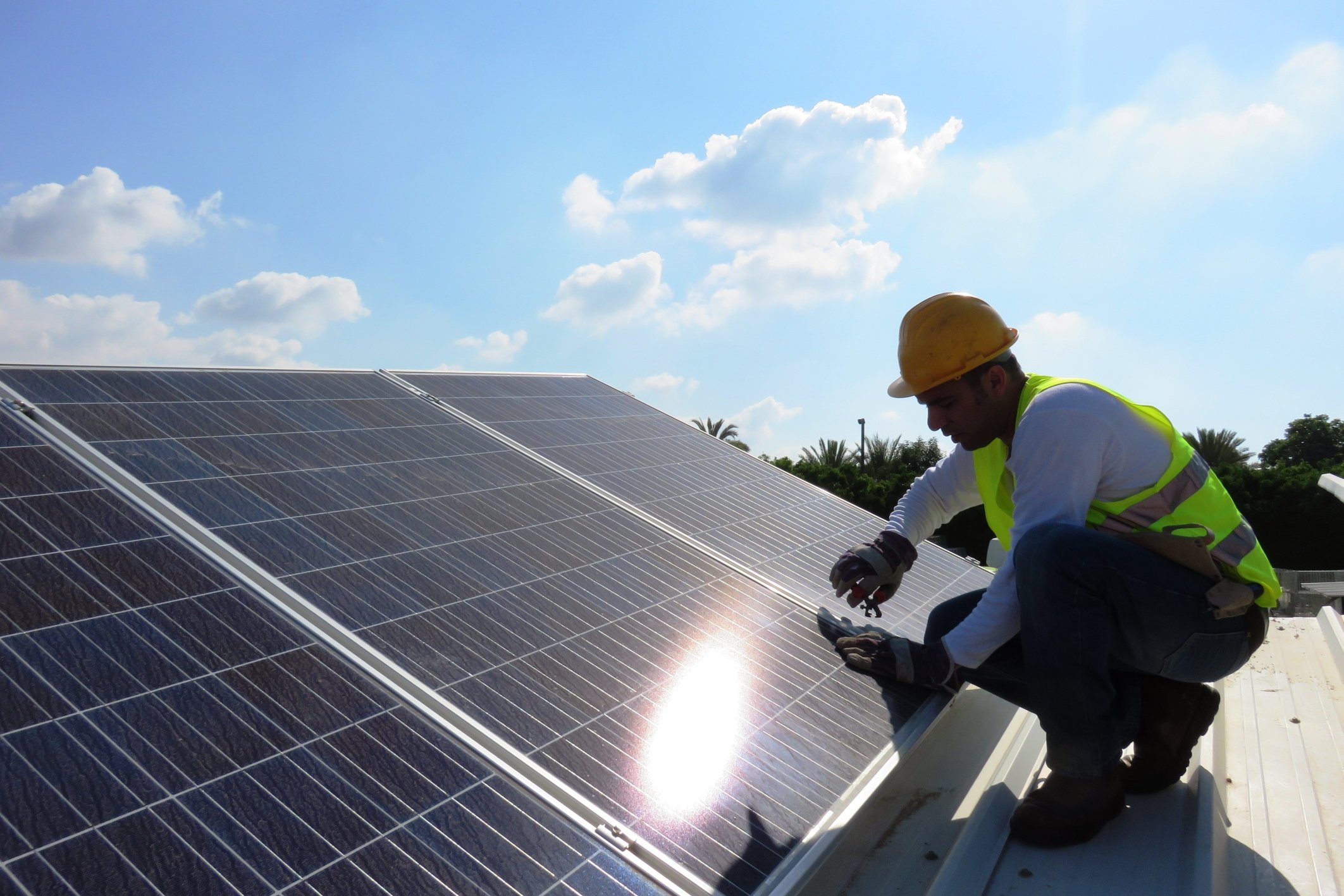Solar tariffs could have a crippling impact on SunPower Corporation's (SPWR +0.00%) business in the U.S. without relief from the Trump administration. That's a huge deal, because residential and commercial solar are the company's most profitable segments, and they're concentrated in the U.S.
The 30% tariff rate will impact all silicon-based solar imports, but SunPower could be hit more than others. Its panels are more expensive than competitors and, as a result, the tariff on its imports will be higher as well. But there may be a path to tariff-free imports if the Trump administration allows it.

Image source: SunPower.
The exception option for SunPower
In the tariff ruling, the Trump administration said it was open to negotiating exemptions for specific companies with unique technology or even individual countries. SunPower is sure to apply for an exemption for its interdigitated back contact (IBC) cells, which it uses in residential and commercial applications.
It's unclear if the Trump administration would allow an exemption for SunPower given its hostile nature to solar energy. It's possible the company could persuade the administration if it began building a plant in the U.S., but it's also possible SunPower will have to deal with tariffs as they're outlined today.
What to do if exemptions aren't given
If SunPower can't get a tariff exemption, it'll be forced to look outside the U.S. for demand. It's already started selling IBC solar panels in Europe and has a number of projects in France after dominating early tender offers there. We will also see P-Series solar panels for utility projects go to Latin America, China, and the Middle East, where there's been strong solar activity. I think there will still be demand for SunPower's panels; it's just a question of whether or not the company can get the same price for high-efficiency panels as it could in the U.S.
SunPower could also build a limited manufacturing presence here in the U.S. For solar cell imports, 2.5 GW will be exempt from tariffs, and SunPower could add module assembly facilities here to get around tariffs. It may even be able to build a P-Series manufacturing facility if the economics work out. These could add to a pilot plant in Silicon Valley that has a limited amount of production capacity.
Running out of options
SunPower was already in a tough position before the tariff decision, reporting huge losses and shutting down old manufacturing capacity. But its bright spot was the U.S. commercial and residential market, where its high-efficiency panels have strong demand. If it can't get an exemption for high-efficiency solar panels, that bright spot could turn into a weakness. The company could transition to other countries, but competing in Europe, Latin America, or Asia will be tougher.
As an investor, I'm not particularly hopeful the Trump administration will grant an exception for SunPower's solar panels. The company's argument against tariffs has fallen on deaf ears thus far, and despite the fact that it's a U.S.-based company with thousands of direct and indirect employees there doesn't seem to help the solar industry get out of tariffs, no matter what the impact. The bigger questions for me are around SunPower's willingness to build some manufacturing here to avoid tariffs, and whether international markets can pick up the slack.






